Menu
|
Carmen Yahchouchi is a very courageous person, no doubt. This young photographer from Lebanon is not afraid to take risks when she tries to tell the story that she wants us to know about. When it gets dangerous, Carmen Yahchouchi keeps going, embracing the rush of adrenaline that goes with it. She secretly entered the rooms of sleeping migrant workers when working on a project called Vulnerable Visits. For Beyond Sacrifice, she won the hearts of women who stayed single all of their lives - most of them against their desire. Carmem Yahchouchi shot intimate portraits of proud yet deeply sad women sitting in their bedrooms who were able to exactly analyze when and why their lives’ journeys had taken a turn onto a road they hadn’t planned to follow. Until this point in her career –we are at the end of the year 2016 - Carmen Yahchouchi mostly had taken photos of women and of persons either sleeping or in their bedrooms. Her photos often had two different angles: either her camera looked straight into the eye of the person that she photographed - as in her most famous photo, the intriguing Victoria from the My Mother’s Gun series - or her photos were stolen moments with a voyeuristic feel to it. Carmen Yahchouchi doesn’t deny this side of hers at all. “I love voyeurism!,” she says when I interview her in Beirut. “I always have. I took many photos of my entire family, and of my ex boyfriends too, being a voyeur. Often I caught them while they slept or in other intimate moments.” 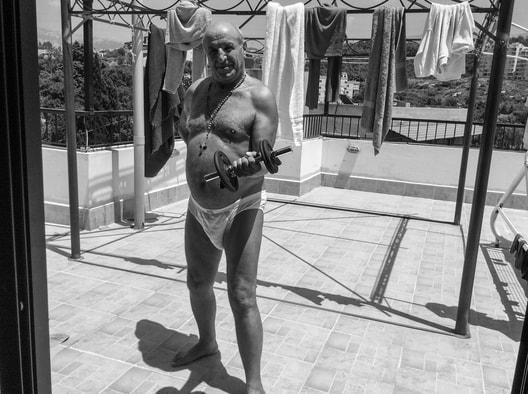 When a voyeur and adrenaline junkie meets a narcissistic, attention seeking exhibitionist, things get interesting. When Carmen Yahchouchi meets Suleiman for the first time, she instantly feels that she comes across a somewhat dangerous and perverse man. King Soleil Man, as he likes to be called, had repeatedly posted naked photos of himself on Facebook, sometimes together with African women. Facebook shut down his page as soon as they became aware of it, however Suleiman kept reopening it, posting more photos. Originally Carmen Yahchouchi had looked for single men to complement the many women of Beyond Sacrifice. She soon learned that Suleiman, an 80+ senior from the coast of Lebanon, actually was married with children (although neither his wife nor his children talked to him anymore). “I will tell you everything,” he said to Carmen, “I have nothing to hide.” Suleiman didn’t qualify for the project, Carmen Yahchouchi knew that, but he fit the crispy, out of the box profiles that she likes to get involved with. The exhibitionist had shown his potential and the voyeur had taken the bait. When Carmen visits Suleiman in his house for the first time, she meets two African women there, Sandrine and Rosy. They are migrant domestic workers. Sandrine, from Cameroon, is a warm-hearted and open person and very soon Carmen starts taking pictures not only of Suleiman but also of her. “When Sandrine was there,” Carmen tells me during the interview, “there were no limits. Suleiman and her were in love.” Suleiman opens up to Carmen right from the start. He loves to have her and her camera around and poses naked almost immediately, with no shame at all. Quickly the situation at Suleiman's home deteriorates. Sandrine is arrested in a night club without her residency papers on her and must quit Lebanon on short notice. She leaves Rosy behind, alone with Suleiman. Rosy has a different character than Sandrine: she is calm, shy and very religious. Suleiman had picked her up from the street a few months earlier where she had stranded because of problems with her former employer. And then one day, Carmen receives photos from Suleiman on her WhatsApp, photos that Suleiman had taken, showing him having sex with Rosy. The fate of migrant domestic workers in Lebanon is a very difficult one. Lebanon is home to over 250’000 (female) workers who come from African and Asian countries and work in private households. Stories about them being exploited and abused are widespread. A report published by Amnesty International in April of 2019 titled “Their house is my prison” revealed significant and consistent patterns of abuse. Employers force their domestic workers to work extreme working hours, deny them rest days, withhold their pay, severely restrict their freedom of movement and communication and subject the women to verbal and physical abuse, as well as denying them proper health care. All migrant domestic workers, Amnesty International writes in its report, are excluded from the Lebanese Labour Law and are governed instead by the kafala system which ties the legal residency of the worker to the contractual relationship with the employer. If the employment relationship ends, even in cases of abuse, the worker loses regular migration status. The excessive power employers have in this system over their employees and the strong dependency the women have towards their employers are very obvious. Rosy finds out that Suleiman had sent pictures of her making love with her employer to Carmen. She yells at Carmen. She is outraged. Rosy suspects a plot of some sorts where Suleiman and Carmen had conspired against her. The dynamics of a destructive triangle begin to work: Rosy is very angry with Suleiman because he had sent the photos to Carmen and she is very unhappy with Carmen having "accepted" these pictures. Rosy starts to get bossy with Suleiman. He in turn is not happy with Rosy making such a fuss about the pictures. Suleiman's relationship with Carmen starts to go frosty too. Whereas Suleiman was very open in the beginning, allowing Carmen to take very intimate photos of himself, he now backs up, “starts to go crazy on me” (as Carmen tells me), insults her and even tries to break her camera. Did Suleiman already regret to have agreed to this project? Had Carmen entered his life and his mind more than he was comfortable with? Are we correct in saying that Suleiman is an exhibitionist? Is that his pathological condition? This writer is not a psychologist to answers these questions competently and we shouldn't jump to easy conclusions either. Certainly Suleiman has exhibitionist traits, like we all have - think the many selfies on Instagram and Facebook. Exhibitionism, and the addiction to exhibitionism, is similar to any other substance addiction. Often exhibitionism starts with emotional wounds; it becomes a way to numb the pain from these wounds and a substitute for real intimacy and connection - something the addict both longs for and fears. For adolescents, who are about to discover their bodies and their sexuality, staging and photographing themselves how they like themselves to be seen - and posting it online - strenghtens their self-confidence. It is a well documented behavior which leads us to the follow-up question of what is the level of self-confidence of elderly persons such as Suleiman who experience their bodies slowly “expiring”? Some other things that Carmen Yahchouchi knows about Suleiman at this point of the story: he has a lot (really, a lot, she says) of images on his phone. All photos are from black women, all different women. He is mad about black women. He stays 24/7 on his phone, constantly sending out virtual hearts and flowers. Also to Carmen. With time, Rosy understands that Carmen Yahchouchi is a friend, not an enemy. After all, Carmen is an African woman too. She was born in Bamako, Mali, and lived there until the age of 18. Rosy entrusts herself to Carmen and tells her that she is mistreated by Suleiman. Carmen goes out to buy a suitcase for Rosy so she can pack up her things and leave. Suleiman is furious. Carmen starts to become an actor in her photo project, not just an observing by-stander. She can't remain neutral and choses her side. The line between the art and the reality becomes blurred and actually stops to exist. Does this photo project say more about Carmen Yahchouchi than about her subject, King Soleil Man? What is her motivation to keep visiting Suleiman when he clearly becomes threatening to her? Suleiman sends her WhatsApp messages and writes that he wants to make love with her. One day, while she is with him, he shows her how he googles for “sex Carmen” on the internet. I must be strong now and not show any sign of weakness, Carmen says to herself, when on another day Suleiman starts to caress her neck while sitting next to her on the sofa. “What was this obsession that you had with King Soleil Man, Carmen?,” I ask her when I talk with her in Beirut. “Well, as you know,” she replies, “I like the dangerous and the adrenaline. But with Suleiman it went further. I was not able to get a hold of him. With the women that I had photographed for previous projects, it was easy for me to enter into their hearts. Now with a man… I went mad. I kept telling myself that I must finish what I had started.” To finish what? We all have these father-figures (literally or figuratively), these king-like figures that we put on a pedestal, particularly as a child. Suleiman could easily be one of them, he perfectly fits the profile. And why not put him there? After all, he is a well respected person in his community, a bit strange maybe, but not far off the mainstream. And then at a certain point in our lives we search to demystify these imposing figures and we want to throw them off their pedestals. They have done things that we know of and they know that we know. For a long time we were not able to talk about it, but now we are. However something holds us back. It’s not the right moment maybe, it’s not the right occasion to really turn a desire into action. What are the benefits, what do we have to lose? So we may take aim at another person instead because someone has to fall. You are no king, King Soleil Man. My lenses can see through you. You have become transparent to me. Some of Carmen Yahchouchi's photos may feel uncomfortable to look at. They take us out of our comfort zone. We may think that these photos go too far, that the photographer didn’t stop where she should have. Did Carmen Yahchouchi overly intrude in Suleiman’s private life, can she even be qualified as a stalker? But then again, it was him who invited her into his bedroom, it was him who sent very explicit photos to Carmen. Let me introduce you to one of these “to the point” German words, Fremdschämen. The concept of Fremdschämen means that we are embarrassed because someone else has embarrassed himself (and doesn’t notice, or - even more vexing maybe - doesn't care). Usually we try to avoid this kind of situations, we look the other way, we turn the TV off. Only to turn it on again, to zap until we have found another “The Bachelor”, another “I’m a celebrity get me out of here”, or any other TV show that makes us feel better about ourselves, because these shows provide us with so much material to feel embarrassed about other people. We love to see other people fail. If we feel awkward, even embarrassed by Carmen Yahchouchi's photos, her project was a success. 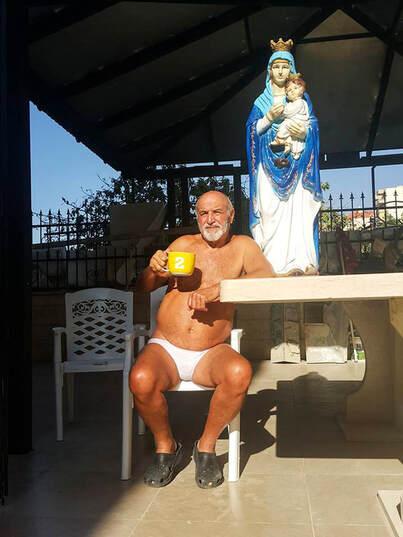 Carmen Yahchouchi’s photos of the self appointed King Soleil Man also teach us another important lesson: the more we see the less we know. It is not by watching pornography that we learn about the joy of sexual love. It is not by booking a “see all” holiday package to China that we will know more about the inner workings of a society governed by an authoritarian regime. It is not by following Kendall or Kylie Jenner’s Instagram feed that we understand the true personalities of these model-entrepreneurs. Suleiman showing off his erection shouldn’t make us look past his many personal conflicts, his weaknesses, his anxieties. What we see is what he wants us to see. The message he tries to convey is the mirror he would like to see himself in. When Suleiman says “I will show you all I have”, he actually means “I will hide everything”. The last photo of the series shows Suleiman sitting on his bed, all dressed up in winter clothes, confused and lost. His encounter with Carmen Yahchouchi and her camera had made him drop his shield, his facade had disintegrated and his soul was laid bare. Within a few weeks he had gone from close-ups to closed-up. For a long time Suleiman had clung to a distorted image of himself. We all do when it seems to serve us. Because it is too painful to try real intimacy for a change and to finally start healing our emotional injuries. For an even deeper dive into the world of King Soleil Man, here is a selection of additional photos taken by Carmen Yahchouchi.
0 Comments
photos by May Arida.  As we all know there are two types of Americans (like everything in America exists twice, once in a bearable, once in an unbearable way): on the one hand we have the cacophonous Americans, represented by Donald Trump. On the other hand we have the introspective Americans. Julia Holter, the avant-garde pop musician from Los Angeles, belongs to the second group. She herself suffers a great deal from the cacophony of some Americans. When she does she often goes back to her studio for a cathartic recording session. Originally cathartic meant to purge the body of unwanted material. Nowadays the expression is also used to describe emotional release and spiritual cleansing. I meet Julia Holter for an interview one hour before her concert in Zurich to present “Aviary”, her most recent album. “When talking about your new album, you often use the word cathartic. What is the unwanted material you want yourself to purge from?,” I ask her. “I don’t really know,” Julia Holter says. “For this record I was recording myself improvising and then I created my new songs starting from these improvisations. And while improvising, I felt ecstatic, sort of hypnotic and in the moment. It felt therapeutic in a way. But therapeutic is the wrong word too because it was more intense than that. It kind of put me in a space of something. In a space for me to be in.” As Julia Holter has said herself in a previous interview: she finds it hard to be articulate sometimes. She actually finds it hard to communicate sometimes. Julia Holter is a rather shy person, a bit nervous when talking to strangers and despite her success with critics and the audience alike, she is not always quite sure about herself. When interviewing Julia Holter one doesn’t get prefabricated replies. She is a seeker who probes, considers and weighs every statement before it is formulated. For a humble, no-show-off-person like Julia Holter, “I don’t know” is a possible answer too. Julia Holter’s albums are a daring and unique mix of experimental sounds and familiar melodies based on her profound understanding of the history of music, be it pop or jazz. On “Have You In My Wilderness”, her record of 2015, Julia Holter uses strings that feel like a slow camera drive in a documentary film on the history channel, showing objects that in their primetime meant something to somebody but don’t belong to anybody anymore today. Last year’s “Aviary” is full of instrumental parts where the listener is left alone with his or her thoughts. What is it exactly that fascinates me when listening to Julia Holter? It is the yearning that she conveys. The yearning for a beautiful dream. How does Julia Holter perform her music live? Surprisingly very close to the versions recorded in the studio. Her band (consisting of percussions, a stand-up double bass, synthesizers and keyboards, plus a violin and a trumpet) is able to recreate and provide the chamber pop experience the audience came for. The muted trumpet played by Sarah Belle Reid is masterful, particularly in a duet with Julia Holter singing and playing keyboards on “Voce Simul”. Julia Holter and her instrument are positioned closed to the edge of the stage; she mostly has her eyes turned towards the ceiling, fixing a point somewhere in the middle of the room. The stage is dimly lit and when the spotlights are on, they are rather directed towards the band than towards her. In between her trips to a musical fantasyland one can even tap his foot and dance to Julia Holter’s music. “You are asking a lot from your listeners. How do you find your audience with music that sounds complex and is not easily consumed?,” I ask Julia Holter during the interview. “I don’t know how complex my music is,” she replies. “I am not like ‘I want this record to be complicated’. A lot of people I know who don’t make ‘commercial music’ are not thinking about the audience when they are composing, to be honest. In the end it’s really doing what you want to do and that is all you can do actually. It’s not that my music is not for an audience, it’s just not for a specific audience." “Could you write a number one chart hit?” Julia Holter is slightly surprised when hearing my question. “Chart hit? I don’t know,” she says. “It doesn’t occur to me to do that. I am told that people writing for the charts strategize and I am not strategizing at all what I do. It’d be cool to have a chart hit though, I am not against it.” "I want to embrace mystery and embrace things that I haven’t heard before.” Recently, I tell Julia Holter, I met a musician who told me that he is always looking for the resistance in his music. If it is too easy he is not interested, because through resistance he wants to explore deeper. What is her take on this? Does she feel the resistance when composing? “I wouldn’t call it a resistance,” she answers, “it’s more like a challenge. For me composing feels less about conflict as the word resistance suggests. It is rather pushing in a free way, like freeing yourself and finding a new path, finding new neural pathways. I want to know what is possible and embrace mystery and embrace things that I haven’t heard before.” In that sense Julia Holter is a very playful character. She is having fun with what she is doing so skillfully: creating sounds and making music. Almost out of the blue she can produce lines like “I si I tho I sex I jeu I nice I hey I ay I show I fun I tall” (in “Les jeux to you”) to have us bathe in the sounds of these words. Is she aware of the impact her records and her concerts have on her audience? Fully realizing how much her art resonates with many people around the world - and integrating this awareness - should in itself fuel Julia Holter’s obvious quest to own her power. We may not have heard anything from Julia Shammas Holter yet. |
EditorKurt is based in Bern and Beirut is his second home. Always looking for that special angle, he digs deep into people, their stories and creations, with a sweet spot for music. Archives
September 2020
Categories
All
I'd love to discover you. Share your creations here.
|

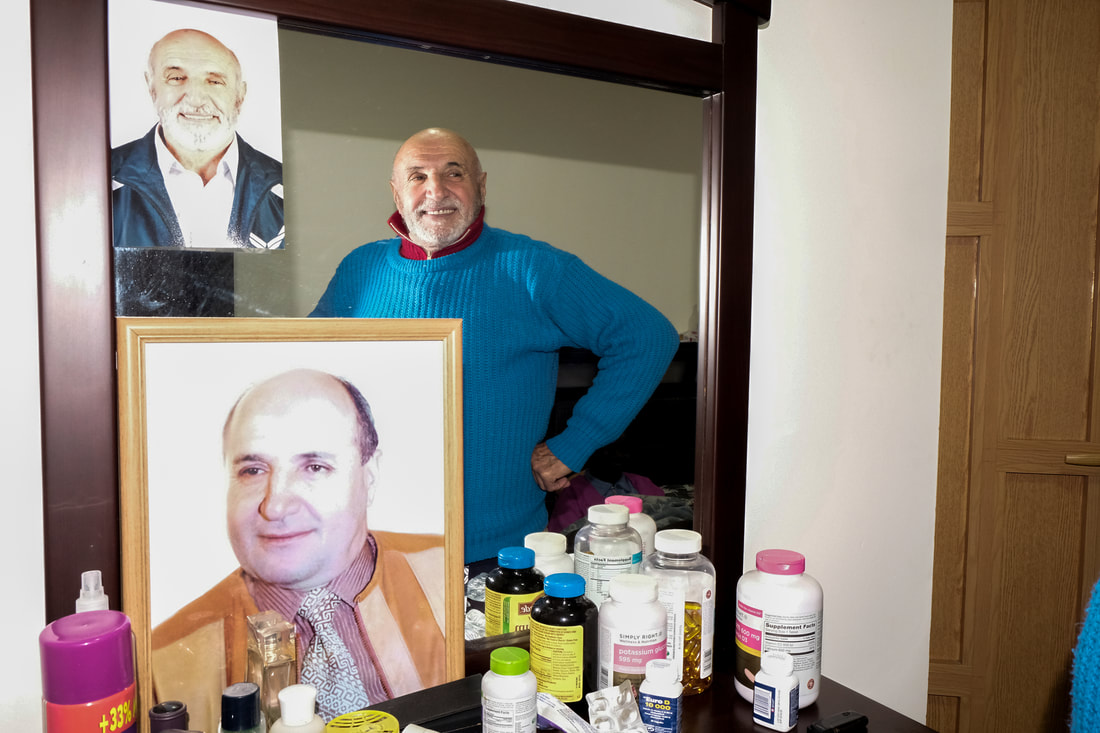
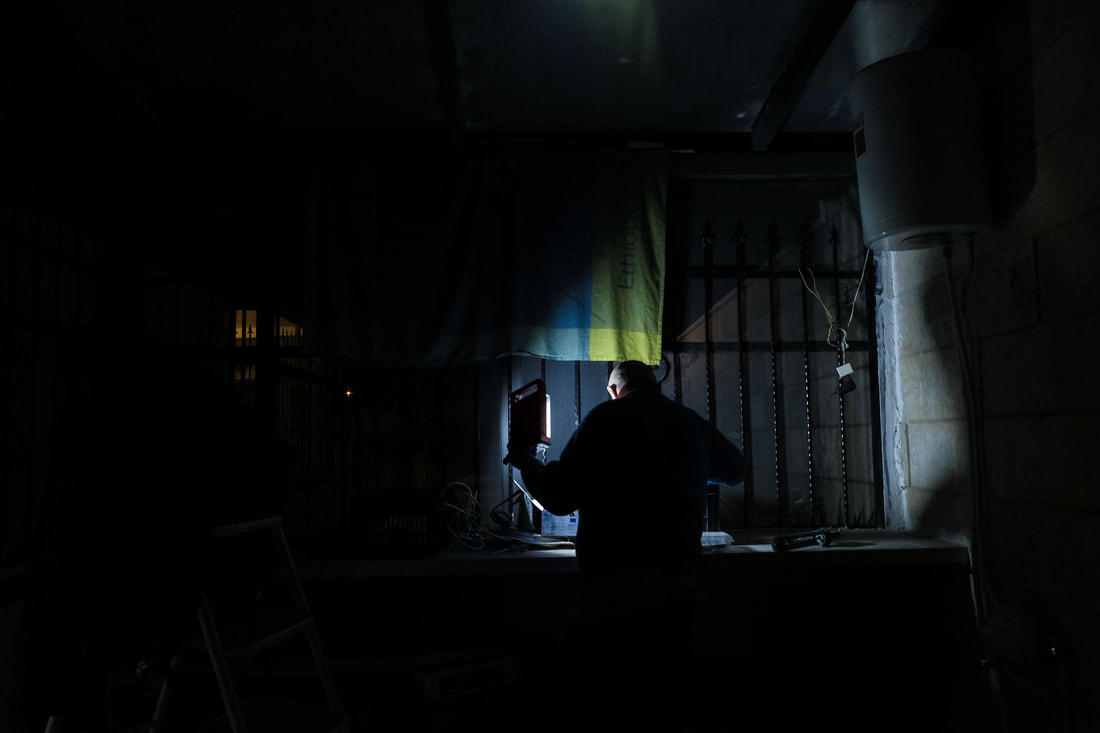
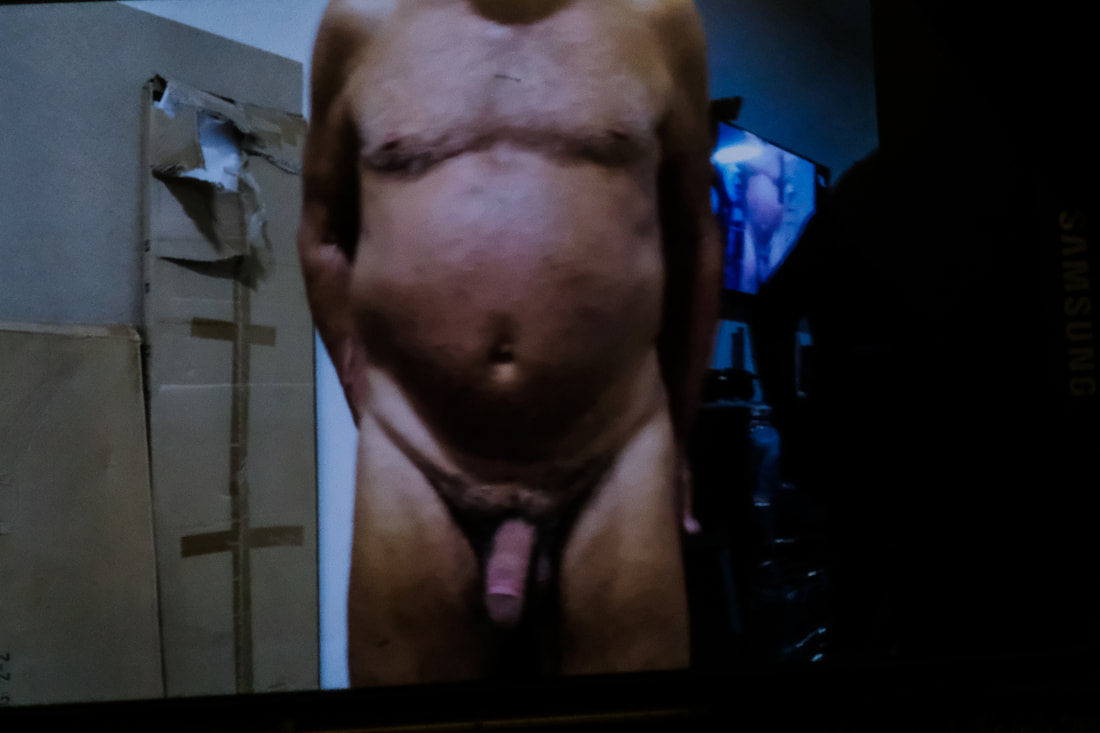
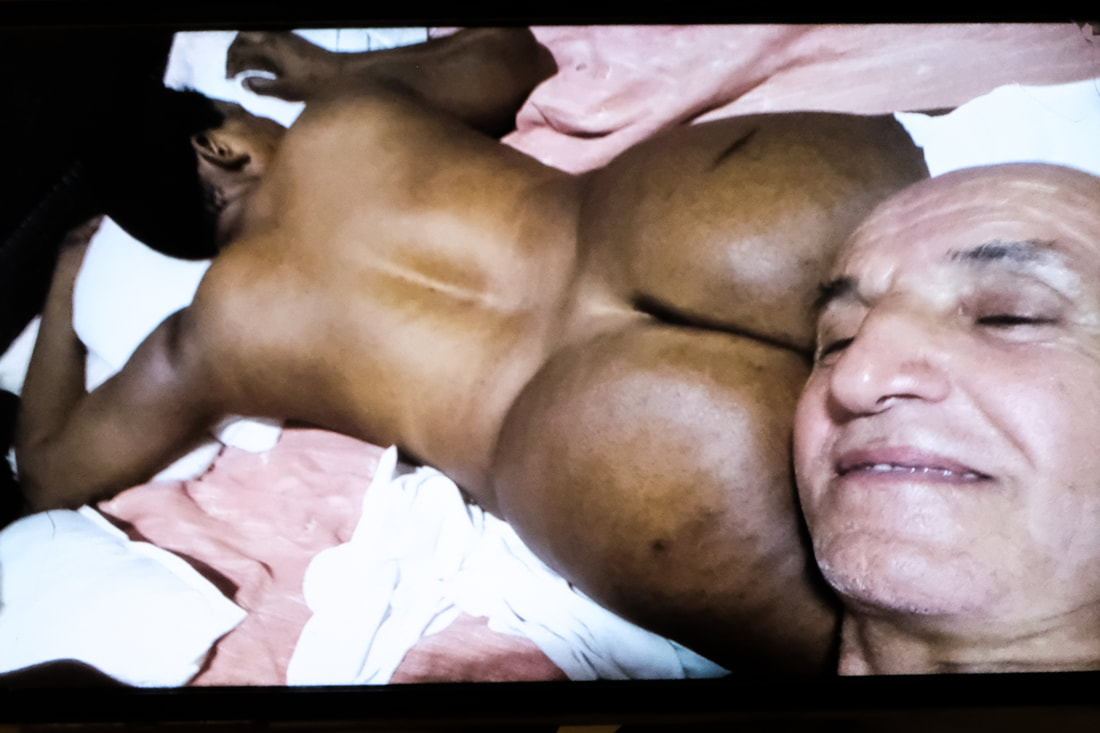
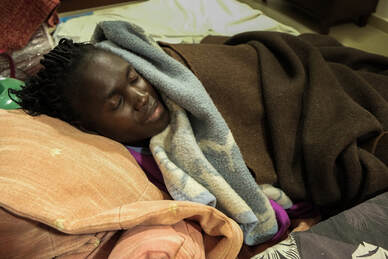
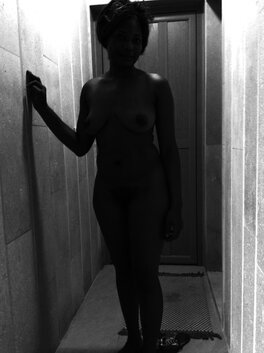
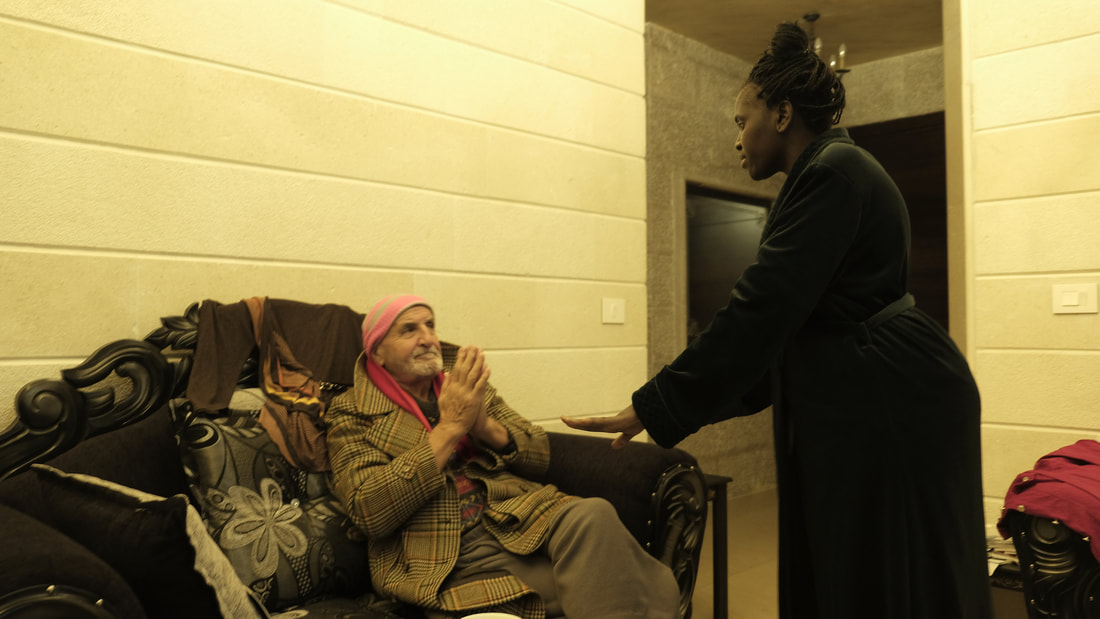
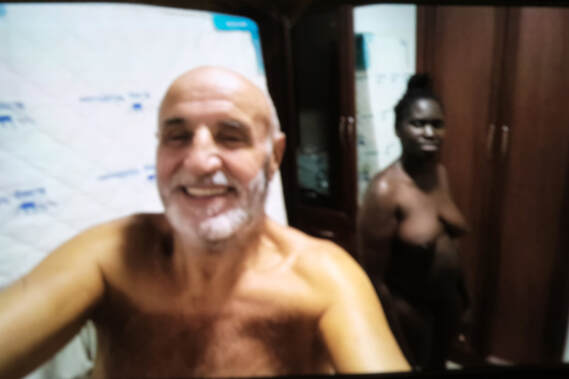
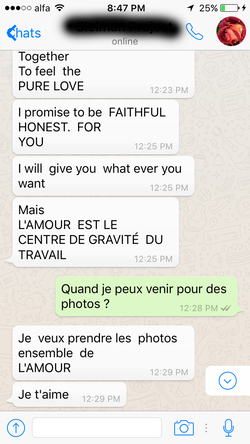

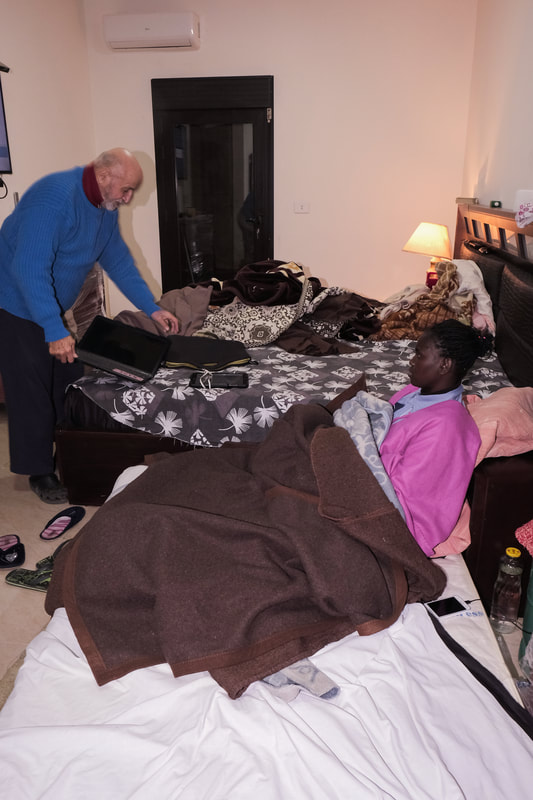
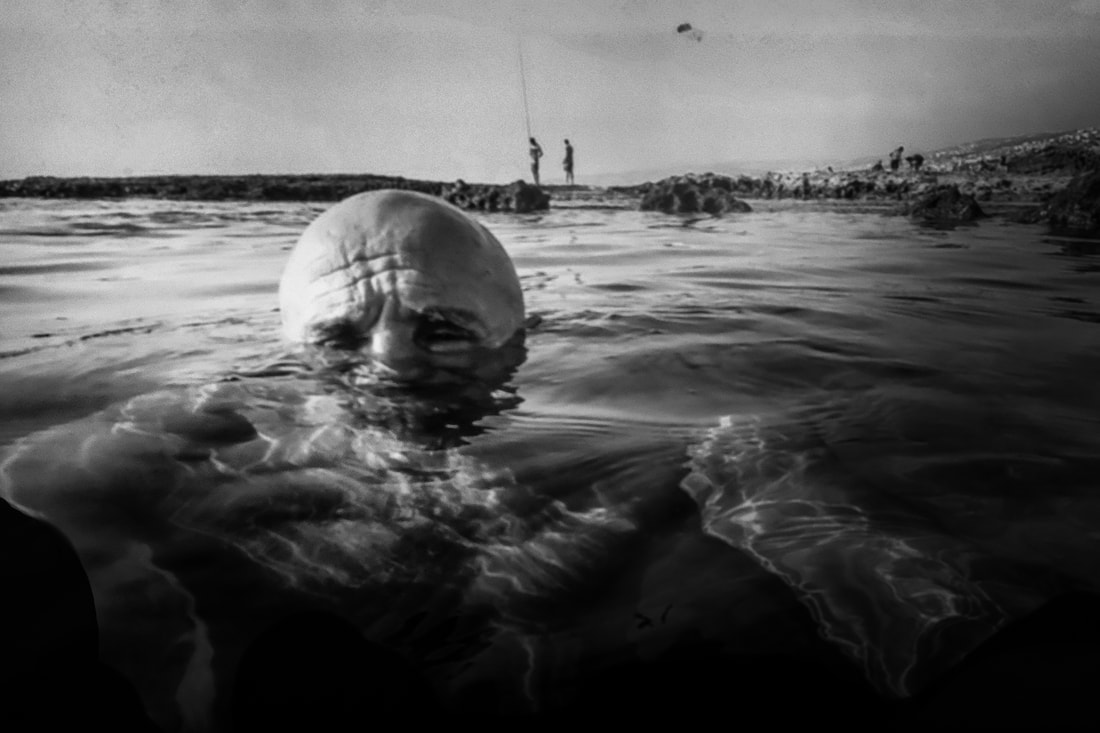
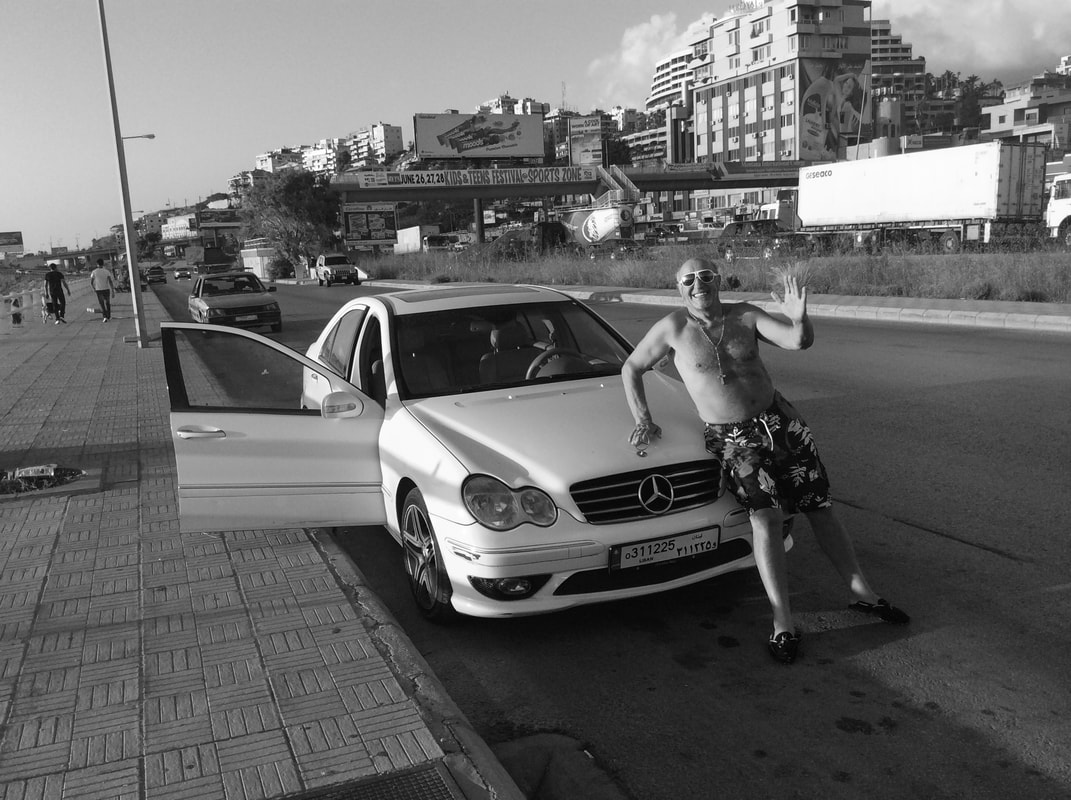
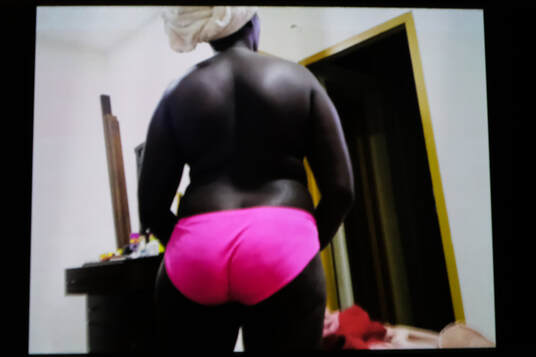
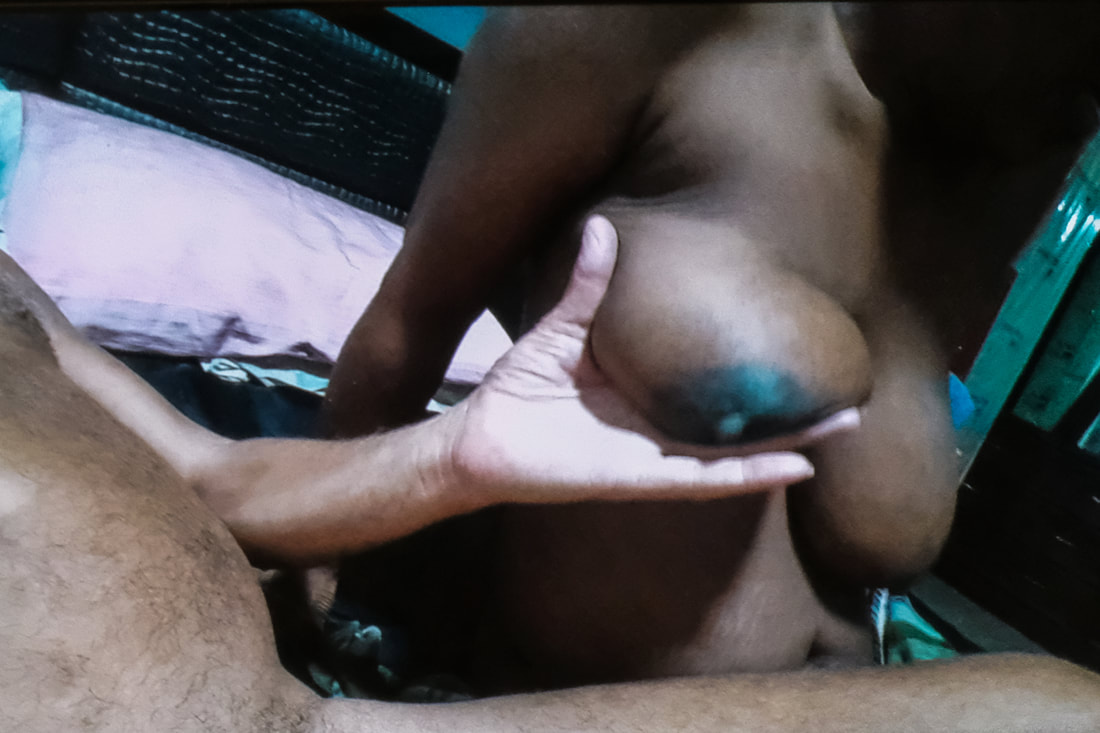
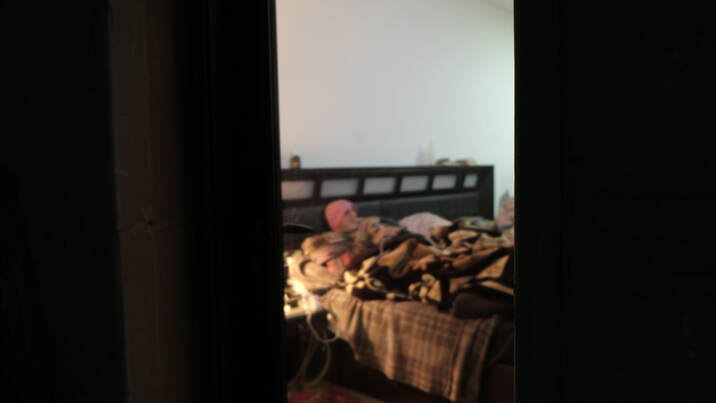
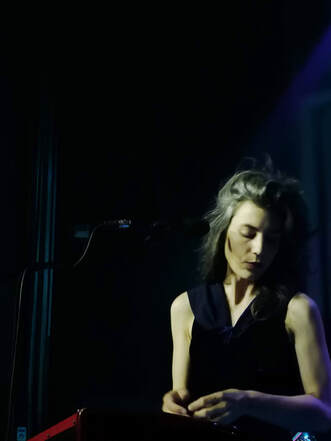

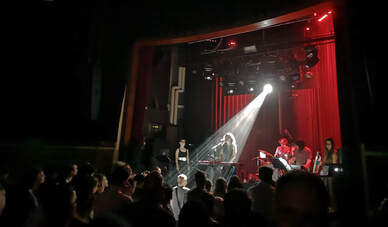
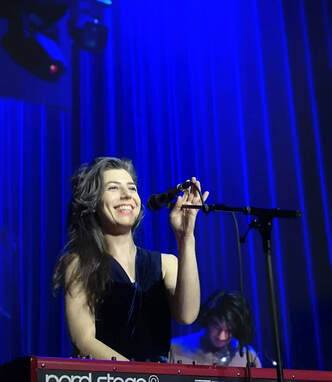
 RSS Feed
RSS Feed
